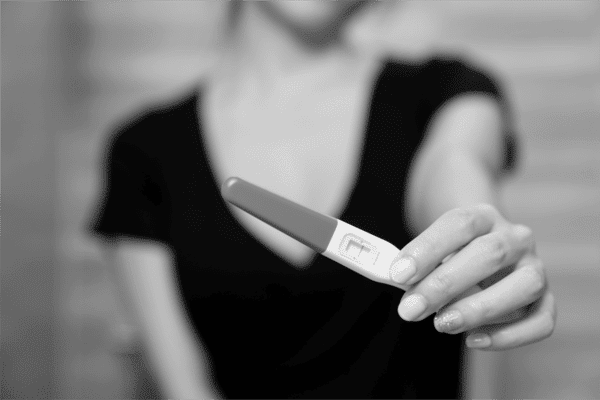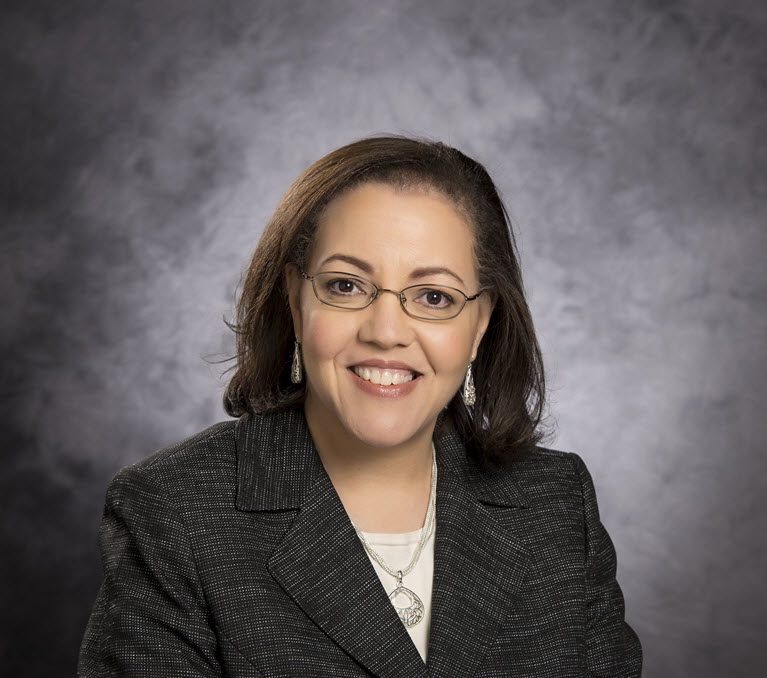
Dr. Catherine DeUgarte, MD, is an accomplished fertility specialist at CMD Fertility in Los Angeles, California. She is also a clinical professor at UCLA, where she teaches at the UCLA/Olive View Medical Center Infertility Clinic. In her years of experience treating infertility, she has seen thousands of healthy babies born.
“Growing up in Romania, I lived in a family full of doctors. I’m the fifth generation of physicians in my family. I’ve wanted to be a doctor since I was three years old. Initially, I wanted to be a pediatrician, but I discovered that I really liked the field of OB/GYN and specifically helping families in their fertility journey. Obviously, there are a lot of ups and downs, but making a family’s dreams come true is a pleasure,” Dr. DeUgarte shared.
Fertility is a high-stakes practice with a relatively brief history compared to other specialties.
“The first IVF baby was born in 1978. I am also fascinated that this field is that it keeps evolving. So the things that we learned 10 years ago are not the same as what we’re learning now,” Dr. DeUgarte explained.
With Dr. DeUgarte as our guide, let’s take a look at this specialty that plays a critical role in the lives of people who need help bringing a baby of their own into the world.
The Problems of Infertility
Infertility Rates
According to the Centers for Disease Control, in the United States, 8.8% of married women aged 15 to 49 were infertile, and 12.7% of women aged 15 to 49 used infertility services between 2015 and 2017. In 2020, the fertility rate was 56 births per 1,000 women aged 15 to 44.
The National Institutes of Health estimates that 11% of women and 9% of men of reproductive age face difficulties with fertility, and 12-15% of couples cannot conceive without treatment. In addition, fertility declines with age, especially for women, and especially after age 35.
“I think the number one reason (behind infertility) is because women, such as myself, focus on career number one and then baby. It’s important to have a balance but not wait too long to have a baby. Also, there are same-sex couples and single women who want to have babies. They have to go through fertility treatments,” Dr. DeUgarte explained.
Causes
Infertility has many possible causes, originating with the man, the woman or both. The problem can be anywhere in the reproductive process—sperm and egg production, fertilization, implantation and embryo viability. Other factors include age, hormones, disease and toxic substances or medical conditions. Evaluating and testing for infertility encompasses various tests and procedures examining the health of reproductive organs, checking hormones and ruling out disease.
“A lot of what I do is figuring out what the cause of infertility is, then figuring out the best solution. I individualize the therapy so that it’s not a cookie-cutter approach. Every patient is unique. And it’s important to add other things into the equation, like making sure that they avoid things like marijuana, alcohol and smoking, that they try to lead a healthy lifestyle, eating healthy and also taking supplements to improve pregnancy,” Dr. DeUgarte explained.
Treatment
Treatments vary depending on the cause and may include surgery, medications and/or hormones. The treatment most well-known is in vitro fertilization, or IVF, where the egg is fertilized in a lab with sperm, and the resulting embryo is implanted in the uterus.
Numerous cases are not so straightforward to require only one technique or ready solution.
“It’s a continuum, a spectrum. Some people have only one issue, while others have 10 issues we have to fix. There are patients, especially after the age of 45, where it’s very difficult to get pregnant with your own eggs. In the 20 years I’ve been doing this, I’ve had one 46-year-old patient who got pregnant with her own eggs. So definitely age is very important. Many 50 year olds have had babies, but not with their own eggs. When I do come across those situations, I’m very honest with them, and I tell them what the chances are,” Dr. DeUgarte explained.
Dr. DeUgarte recalled her most memorable and challenging cases. Her care and compassion for these women, men and couples is evident.
“I’ve had several patients with cancer. They have had babies either through fertility treatments or surrogates. That’s been really rewarding for these patients that go through so much to see them so happy and healthy at the end,” Dr. DeUgarte shared.
Genetic Testing
“More and more patients are using genetic testing for their embryos. Before implantation, you can check to see if the embryos are normal and prevent miscarriages,” Dr. DeUgarte said.
Genetic testing involves screening for family and ethnic history that may point to genetic conditions common to those groups. These are recessive conditions, so both parents must carry the gene to affect the child. If this is the case, there will be a 25% chance of a child having the condition. In vitro embryos can then be screened to implant only those without the genes for the condition.
“We do the genetic testing two ways. We check the couple’s blood tests for any genetic disorders. If tests are positive, we check to make sure they don’t have the same genetic disorder. If they do, you can select the normal embryos for implantation. The other thing we do is genetic testing of the embryos. This is called preimplantation genetic testing, where we check the embryos for chromosomal abnormalities,” Dr. DeUgarte explained.
Conclusion
Fertility is a rapidly developing branch of medicine. It has come far from its debut on the public scene in the 1970s and has given hope to people who, decades before, would have had none.
“Technology’s evolving, and I think things are getting better. Things like egg freezing weren’t around when I was a fellow. It’s only been around since 2012 and was considered experimental before then. Now some women wait too long to have a baby. But more and more are freezing their eggs when they’re younger. It’s great because they’re going to have more possibilities for the future,” Dr. Deugarte concluded.
Dr. Deugarte is part of a future with more options for giving couples healthy babies and happy families. The happiest moments for her are when the couple gets what they desperately want after struggling with infertility.
“My favorite part of my job is when patients either call me with their positive pregnancy tests or when they bring in their babies. It’s also amazing seeing the heart rate for the first time on ultrasounds,” Dr. Deugarte said.
Her mission to help solve infertility for each case is one to admire. Visit Dr. Deugarte’s website to learn more about how she can help you through infertility.







0 Comments